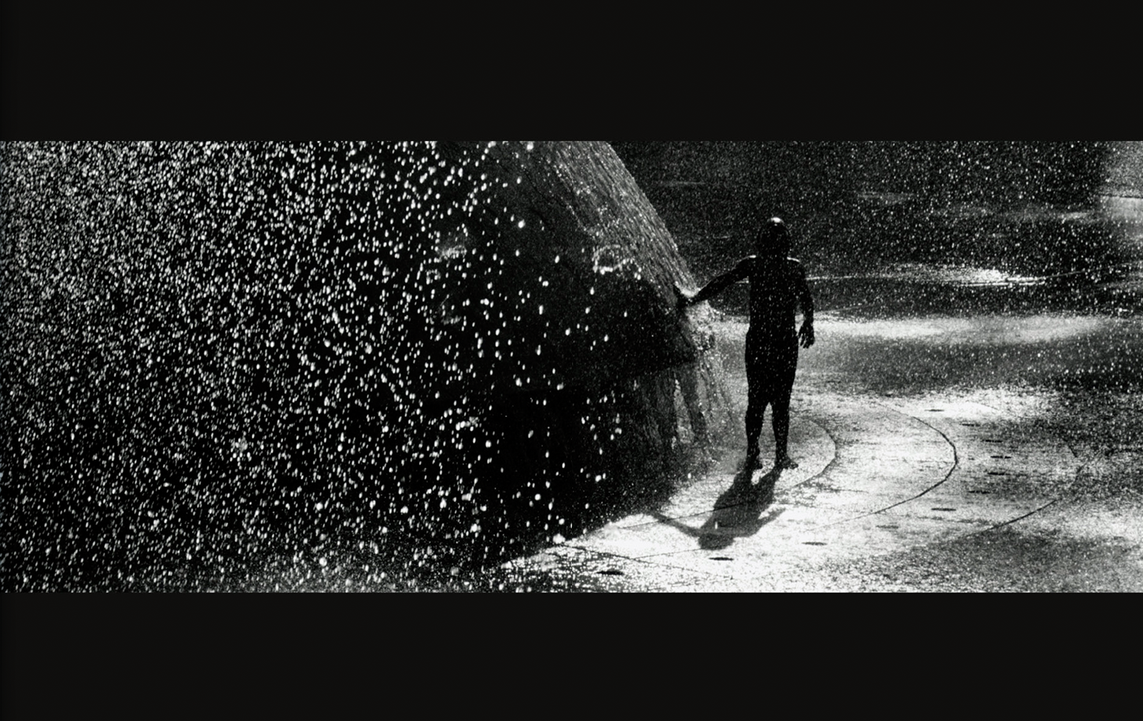by Emily Katzenstein
Afropessimism issues a radical challenge to contemporary theories of the role and nature of anti-Blackness and its relation to other forms of oppression and domination. As the very term makes clear, it is characterised by a deeply pessimistic attitude towards the possibility of Black liberation. For Afropessimists, modernity inaugurates a “new ontology” of anti-Blackness that defines Blackness, as a constructed category, as inextricably tied to the condition of enslavement and thus as a structural position of “social death.”[1] Afropessimists here draw on the work of Orlando Patterson, who understands enslavement as a form of “social death”[2] defined as “natal alienation, generalised dishonor and violent domination”.[3] As Frank Wilderson III, one of the leading theorists of Afropessimism, puts it: “Blackness and Slaveness are inextricably bound in such a way that whereas Slaveness can be separated from Blackness, Blackness cannot exist as other than Slaveness.”[4] Wilderson thus rejects, in the most radical way possible, a narrative of progressive Black emancipation. Blackness as a structural position remains essentially fixed despite historical changes, no matter how transformative they may seem. “The changes that begin to occur after the Civil War and up through the Civil Rights Movement, Black Power, and the American election of a Black president,” Wilderson argues “are merely changes in the weather.”[5]
But Afropessimism not only issues a radical challenge to theories and histories of anti-Blackness. It also challenges the idea that anti-Blackness functions analogously to other forms of oppression and domination that are based on distinctions of gender, race, ethnicity, or class. Anti-Blackness, in Afropessimist thought, isn’t one form of subjugation amongst many forms of oppression (race, gender, class, sexuality, etc.) but a condition of radical alterity and abjection that must be recognised as the limit of the human condition—the other of the category of “human.” Laying claim to humanity in the face of pervasive dehumanisation, Afropessimism insists, is doomed to failure because Blackness denotes a position from which laying claim to “humanity” is a political and, indeed, ontological impossibility.[6] This implies a radical reconceptualisation of the relationship between struggles for Black freedom and struggles against other forms of oppression. In his most recent book, Afropessimism, for example, Wilderson argues that non-Black struggles against domination ultimately only become legible through the comparative illegibility of Black political claims and thus perpetuate the exclusion of Blackness from the category of “human” in order to make themselves legible as “human.”[7] In this series of essays on Afropessimism, which will be published in installments, Michael Dawson, Jordie Davies and Marcus Lee reflect on and grapple with the theoretical and political challenges that Afropessimism poses. In the first essay of the series, Michael Dawson reflects on the question of whether an ontological account of Blackness can theorise anti-Blackness in its complexity and in its changing historical articulations and asks if Afropessimism allows us to recognise the ways in which different forms of domination are articulated. Dawson evaluates Afropessimism’s relationship to other ideological traditions in Black political thought, such as Black nationalism and Black radical thought. In this context, he critically examines Afropessimism’s foregrounding of the libidinal (rather than political) economy and assesses its potential for generating a critique of the entanglements of white supremacy and capitalism. In “Afropessimism and Narrative Theorising”, Marcus Lee offers a rejoinder to Michael Dawson’s critique of Afropessimism. Lee provides a close reading of Frank Wilderson’s authorial and narrative strategies and reflects on how Afropessimism imagines Black sociality and practices of recognition. In the final essay in the series, “After Afropessimism,” which will be published on 31 May, Jordie Davies asks what political opportunities Afropessimism presents by re-centering anti-Blackness in struggles against racism and white supremacy and tackles the implications that Afropessimism has for coalition-building in movement politics. [1] Wilderson, Frank B. Red, White & Black: Cinema and the Structure of U.S. Antagonisms. Durham; London: Duke University Press, 2010: 18ff. [2] Patterson, Orlando. Slavery and Social Death: A Comparative Study. ACLS Humanities E-book. Cambridge, Mass.: Harvard University Press, 1982: 38. [3] George Shulman. "Theorizing Life Against Death." Contemporary Political Theory 17:1 (February 2018), pp. 118-127: 119. [4] Wilderson, Frank B. Afropessimism. Liveright: Kindle Edition, 2020: 42. [5] Ibid., 96. [6] Wilderson, Frank B. Red, White & Black: Cinema and the Structure of U.S. Antagonisms. Durham; London: Duke University Press, 2010: 20 [7] Wilderson, Frank B. Afropessimism Liveright: Kindle Edition, 2020: 243ff. Comments are closed.
|
Details
Archives
May 2023
Categories
All
|

 RSS Feed
RSS Feed